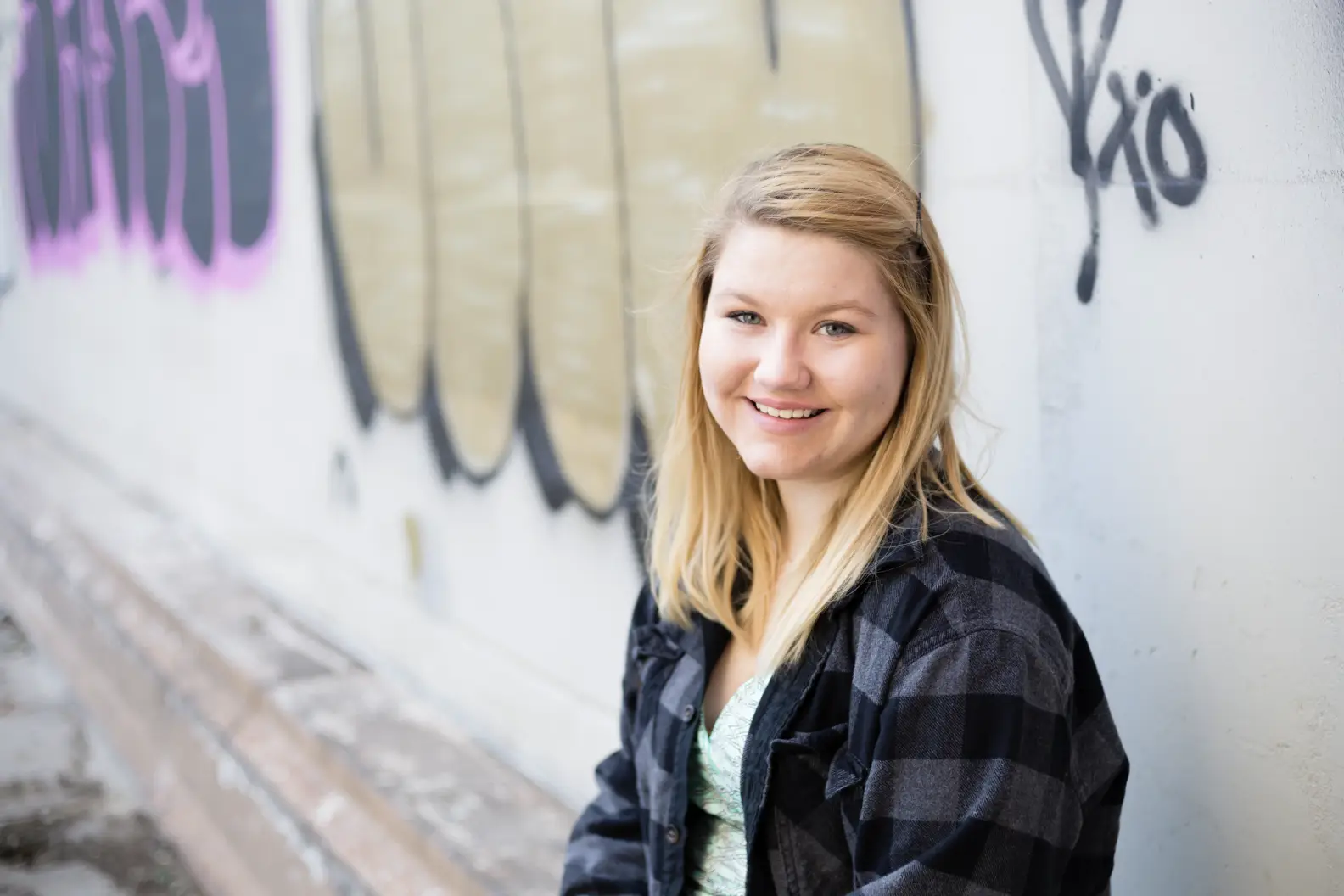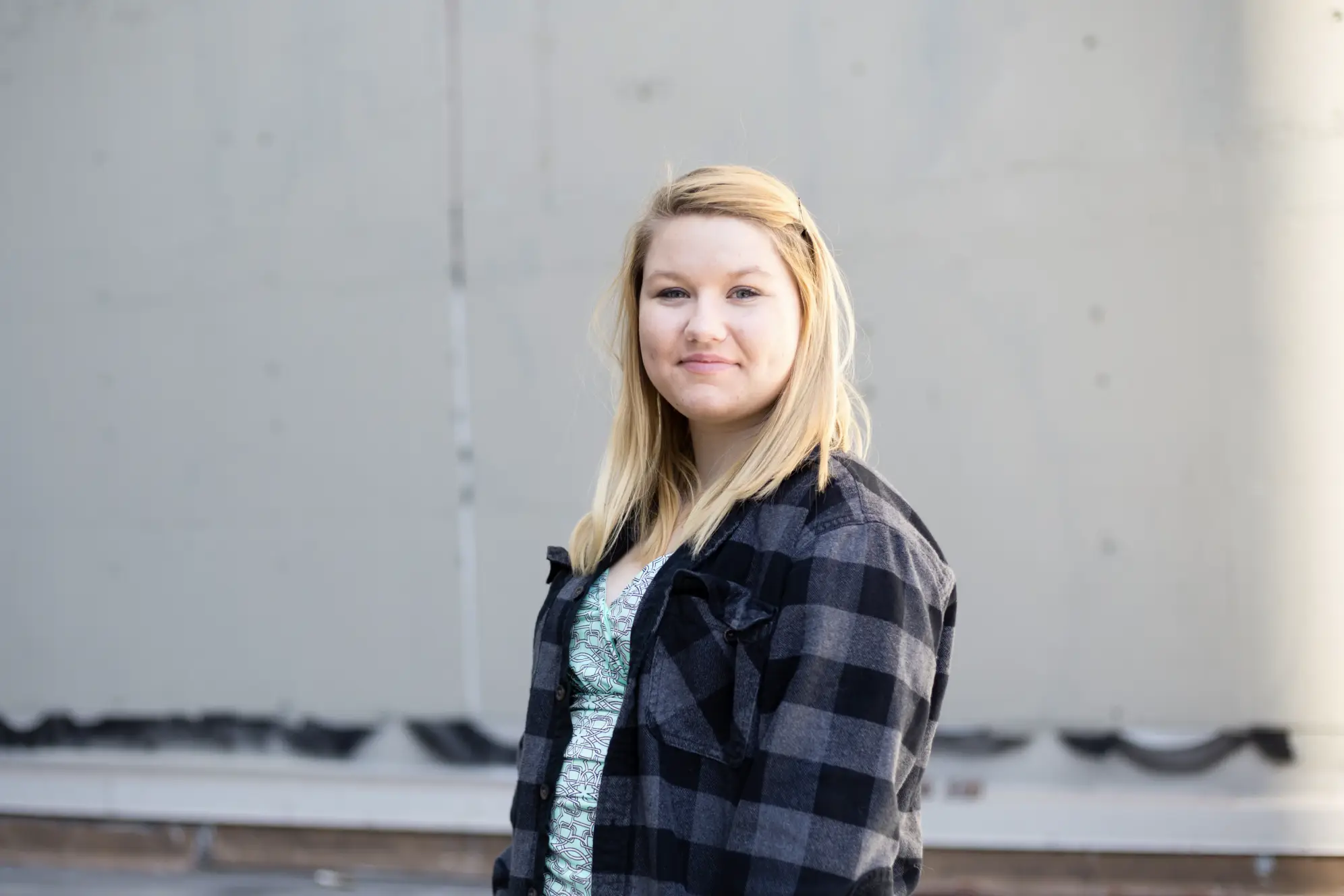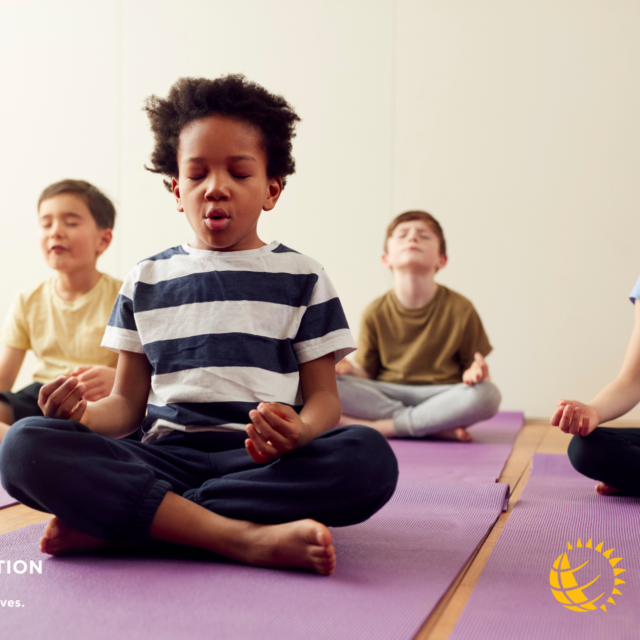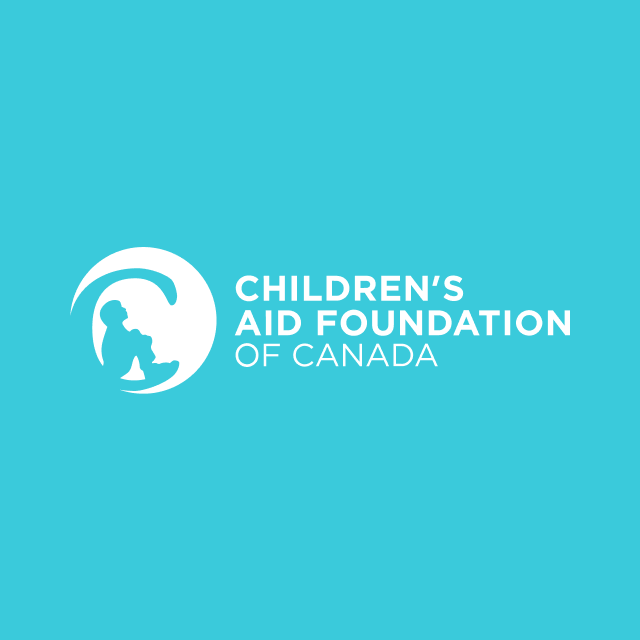JESSICA was just four years old when she became a Crown ward. Moving between 10 different foster placements, she struggled with behavioural challenges and to develop her own identity. Eventually, she found stability in a foster mother, with whom she still maintains a close relationship. Education allowed JESSICA to flourish. She joined music theatre where she met likeminded peers, and her confidence bloomed. Now a nursing student at Western University, with support from Foundation scholarship funding, JESSICA hopes to one day help others by working in international development.
*The opinions and views expressed in this article are that of the youth in profile, and not necessarily reflective of the official opinion or position of Children’s Aid Foundation of Canada.
In school, I didn’t want to tell anyone I was a ‘foster kid’ for fear of being treated differently. And, when you’re moving schools constantly, people ask why you’re moving schools and where you came from. Having to explain that was the hardest part, especially when people judged me because of it.
“I’ve been in the child welfare system since I was two and became a Crown ward at the age of four. Between the ages of two and seven, I was in about nine or 10 different foster homes, and at times was in between biological and foster homes. I’ve been in the foster home I’m in now since I was seven.”
“A lot of the challenges I faced were to do with stereotyping; when I was younger, if things went missing or something went wrong in the foster homes I was in, it felt like it was always blamed on me. I think because I was the new kid and not their biological child. It was hard to get over always being trouble. In school, I didn’t want to tell anyone I was a ‘foster kid’ for fear of being treated differently. Having to explain that was the hardest part, especially when people judged me because of it. It was hard to figure out what I liked, too, because often foster parents place you in the same activities that their biological children are doing [which may not suit your interests], or they’re unable to pay for activities for you to participate in. Once I entered a stable foster home, it became a bit easier. I got into baseball and music theatre.”
“Through the years, ‘family’ has meant many different things. When I was going for biological family visits, family meant who I was visiting with because it felt like I wasn’t going to be in foster homes very long anyways, so how could the foster family be ‘my family’? And, once I entered a stable foster home, I finally started to understand what having a family was like.”

I remember a specific day: June 10th. It was the one year anniversary of me entering this foster home, and we had a big celebration. We went to the water park and had water balloons and hotdogs; the entire family came to celebrate me becoming part of the family. That’s when it really hit me, that family meant people who support you all the time.
“When I was younger, I questioned what would happen to me after leaving care. But, I’ve been with my foster mother for so long now that I know she’ll be there for me. She helped me through a lot of behaviour issues and got me back on track. I can be a super high-stress person because I don’t want to disappoint people; just because I had a rough past doesn’t mean I can’t do things. My foster mother was always there to support me when I was down, which made things a whole lot easier. She supported me all through school when I was struggling, and now I’m in university.”
“Because of the Children’s Aid Foundation of Canada, my university tuition is covered. I’ve been able to not stress out about work and, instead, focus on my studies, which was a huge help. I’m currently studying nursing at the University of Western, and I’d like to fast-track it because I’d like to attend medical school. I’d like to go to developing countries and help there.”
Support young people like JESSICA in achieving their full potential.


